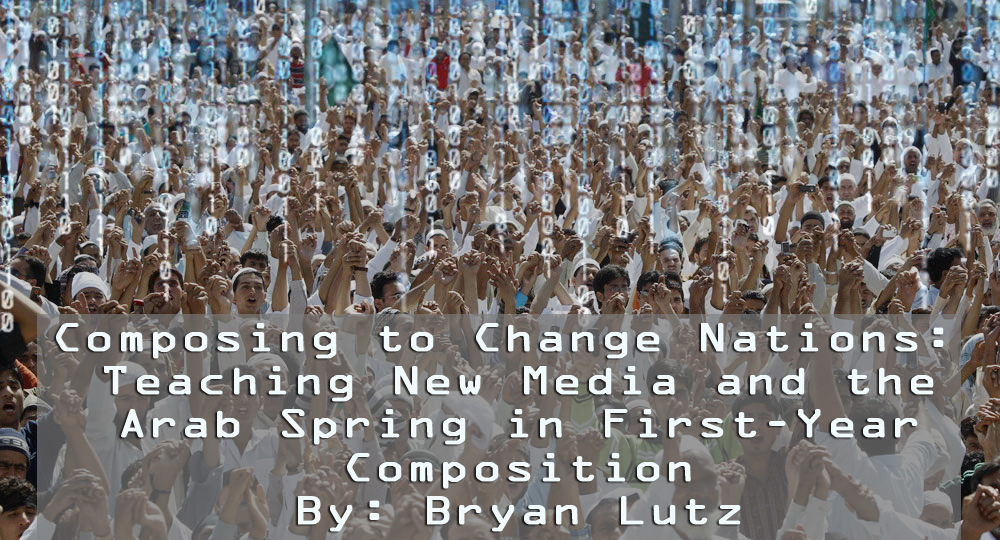Notes
1.) NPR reported that revolt leaders in Egypt took notes from Gene Sharp’s book 'Clausewitz Of Nonviolent Warfare.” It would be interesting to juxtapose their tactics with the book to see how they compare, and to examine whether or not the internet helped fulfill the tactics expressed by Sharp.
2.) The credibility of internet usage states in Egypt and Tunisia are hard to verify from here in the states (with perhaps the exception of the CIA report). I relied heavy on corroborating internet news media to ascertain what happened in Tunisia and Egypt.
3.) It would fruitful to know more about each country’s cultural history and political climate. I wonder if the degree of civil disobedience correlates with increased internet access?
4.) Jeremy Bentham’s concept of Panopticism is definitely at play. Countries like Iran, China, Thailand and Afghanistan have all used internet monitoring to find political dissidents and arrest them, or make them disappear entirely. It should also be noted that the FBI has done the same thing here, “Democracy Now!” did a fabulous report on it.
5.) Some of the most crucial information about the movement was spread by less public means. In Egypt, a manual for engaging the Egyptian police force was distributed through private emails rather than social networking. In contrast, a Tunisian revolt page on Facebook explicitly states precise instructions for people to employ non-violent resistance.
6.) Tunisia created a website called "Tunileaks" which mirrors the format of Jullian Assange's "Wikileaks," the goal of this project is aimed at keeping the Tunisian government transparent.
7.)The utilization of the internet is largely credited as a determining factor in the election of Barack Obama to the presidency. Many Republicans took this lesson to heart after the last election.
8.) Some of the provided hyperlinks take the reader directly to the Facebook pages that contain the cited material, thus a Facebook account is needed to view these. Some of the images here come directly from Facebook pages, but the authors of these compositions are unverifiable since they were contained on multiple sites.
9.) The former head of Al-Jeezera, Wadah Khanfar, affirmed during a presentation on TED.com that without people on the ground, cell phones in hand and armed with new media, they could not have brought the plight of the Tunisian people to the world, an act encouraged international pressure on the ruling governments.
10.) This article argues that Facebook, Twitter, MySpace and Blogs are all forms of new media. While it is true that all of these sites are different, they are alike in the sense that they all allow users to construct identities, compose with multiple modalities and, most importantly, enable users to reach out to others within a global society.
11.) Blake Scott also credits John Dewey’s philosophies as foundational to service learning.
12.) Though Head and Eisenberg’s study provides helpful statistics for understanding how students use the internet for research, the use of blogs for research has declined from 2009 to 2010.
13.) I agree with Charles Lowe and Terra Wiliams when they state that, “Blackboard and WebCT, with their emphasis on content delivery and teacher administrative functions, are classroom-only gated communities,” which they argue gives the more expressivist pedagogues a comfortable private forum. However, another way of looking at this is to apply what we know about internet controls in Iran, China and elsewhere, where we are essentially isolating our students writing if we were to blog using only these closed resources.
14.) Peter Smith also asserts that Certain non-governmental organizations owe their existence solely to the internet (pp. 266), he also acknowledges that complication that this includes reactionary and anit-modernist groups such as the neo-facists groups in Europe or al-Qaeda in the Middle East (pp. 267).
